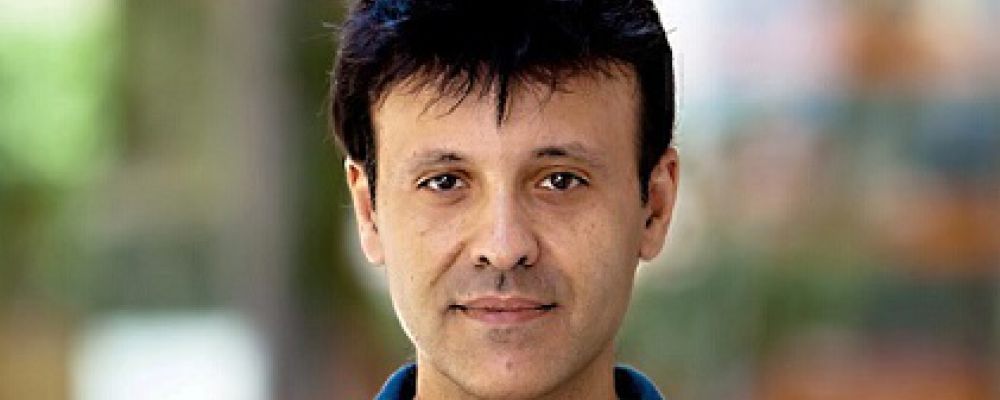
Andrew Armatas
Andrew is an Australian-born executive coach and psychologist with a background experience in brief approaches to change, employee assistance programs (EAPs) and corporate mental health. A member of the International Society of Hypnosis and a founding member of the International Society for Coaching Psychology, his approach to change has allowed him to deliver training, lectures and coaching interventions globally. He is in an award-winning author, a conference speaker, a psychology/coaching book acquisition adviser and trainer.
Spanning more than two-decades of experience in both health and workplace settings, Andrew has published papers, books and book chapters covering communication skills for health professionals, work-life balance, stress management, applied hypnosis and brief strategic principles to change. Having coined and published the term ‘coaching hypnosis’ (2009), his expertise lies in utilizing hypnosis, mental skills and self-regulation tools in corporate and coaching contexts. He is the owner of Execufront -a global training & coaching provider - and works with a wide range of organizations and individuals. His latest book “Brief Strategic Coaching” has been published by Open University Press. He can be reached at andrewarmatas.com
Workshop:
W101: Brief Strategic Coaching: Introducing how solutions create problems and the process to break free
The brief strategic approach offers a different process to resolving persistent problems and creating change. The core concept resolves around the idea that the solutions we apply to overcome our problems are actually maintaining them or making them worse. Think about what happens when you try to cheer up a depressed person or try to suppress your thoughts. The idea that our solutions maintain and exacerbate the very problems we are trying to resolve is known as the ‘attempted solutions theory’. Since the problem lies in the solution rather than focusing on a problem analysis, brief strategic coaching will focus on an attempted solutions assessment. For example, rather than focusing on why there is a conflict, the emphasis will be on how the client has been trying to solve the conflict.
This workshop, based on my latest book ‘Brief Strategic Coaching’, will introduce the brief strategic process and it will discuss:
1. How problems are formed and maintained by our attempts to solve them.
2. How to investigate for attempted solutions in order to determine the maladaptive ones that are creating and maintaining the problem.
3. The solutions change process and why the new effective solution is usually drastically different.
4. Common brief strategic techniques used for goal success.
5. The main difference with the solution-focused approach.